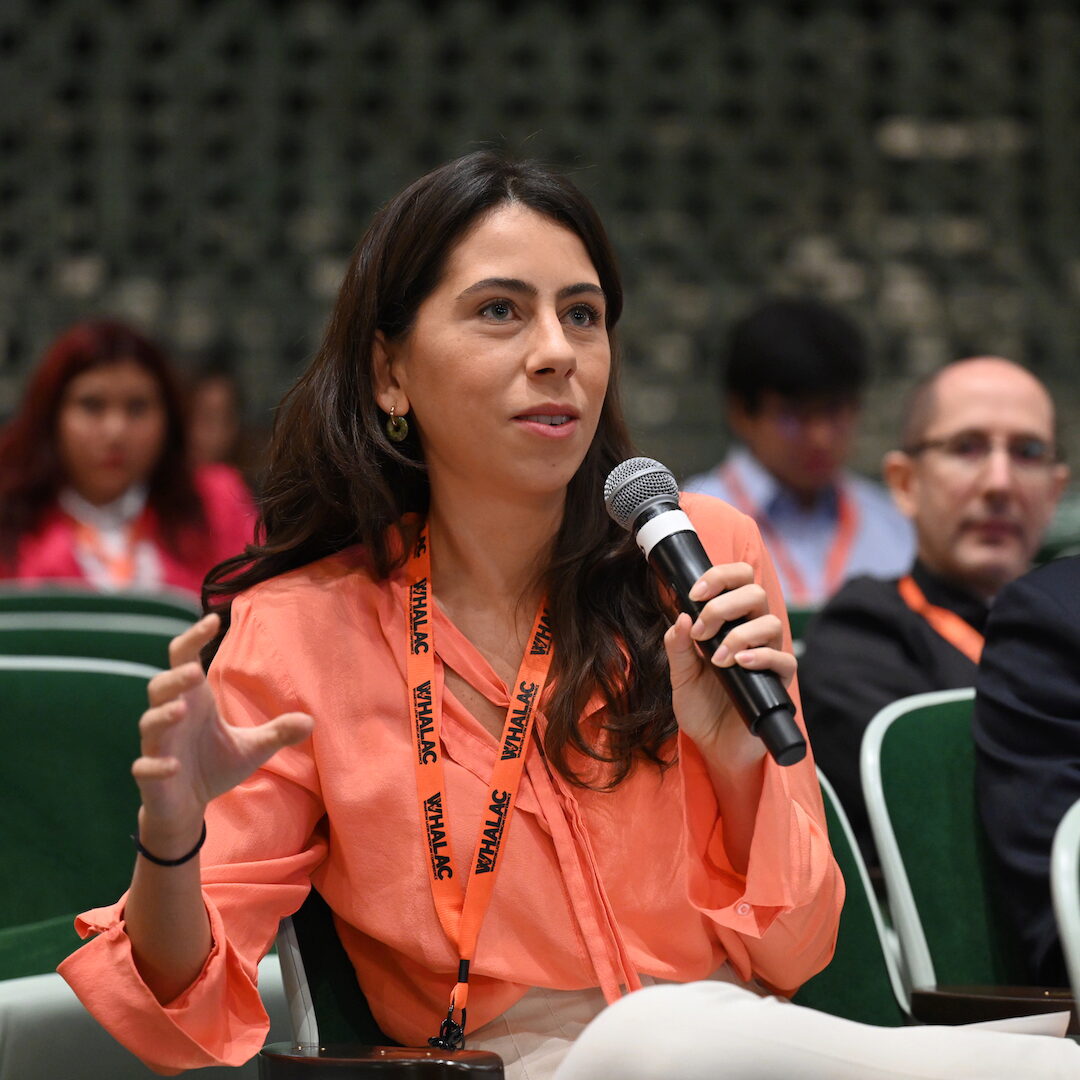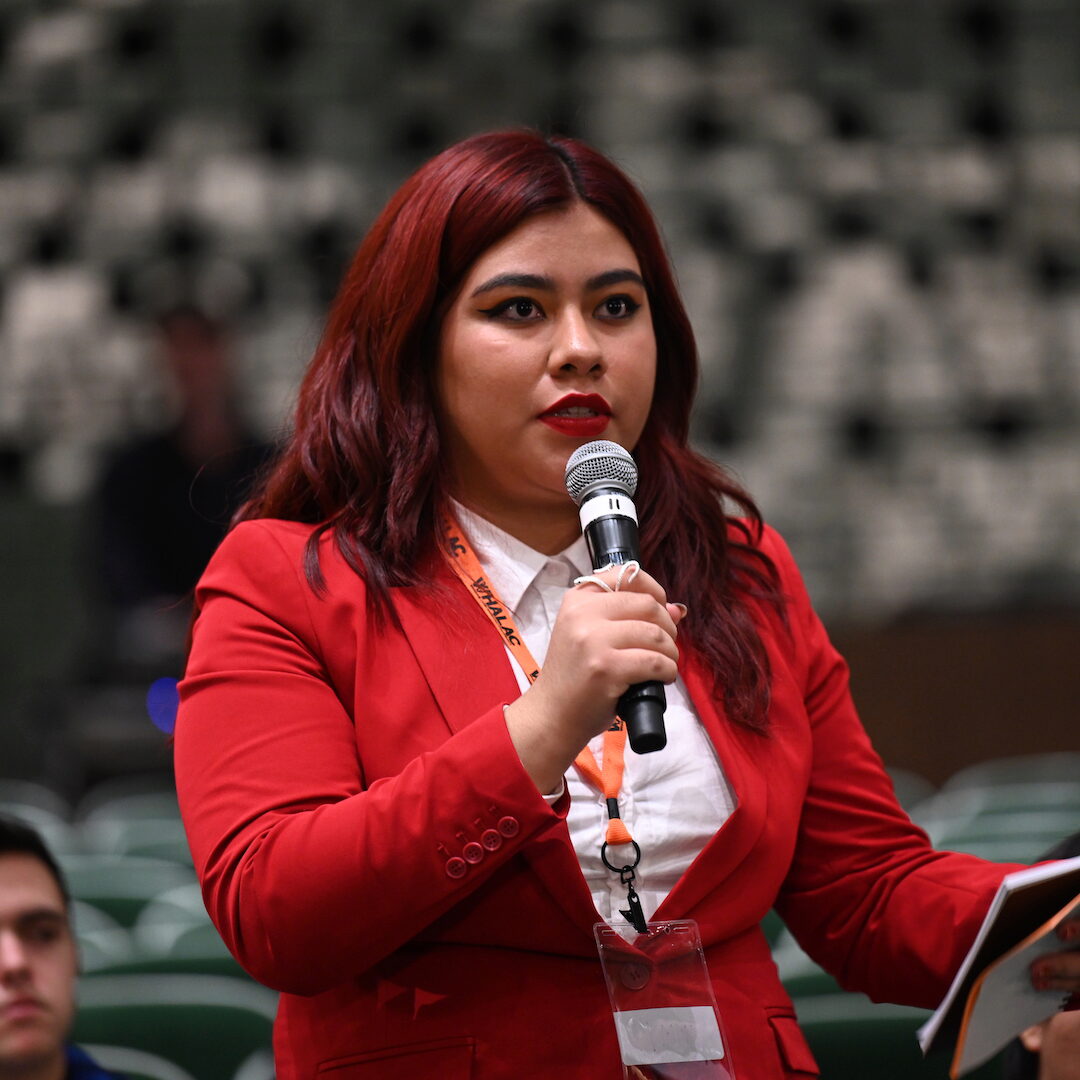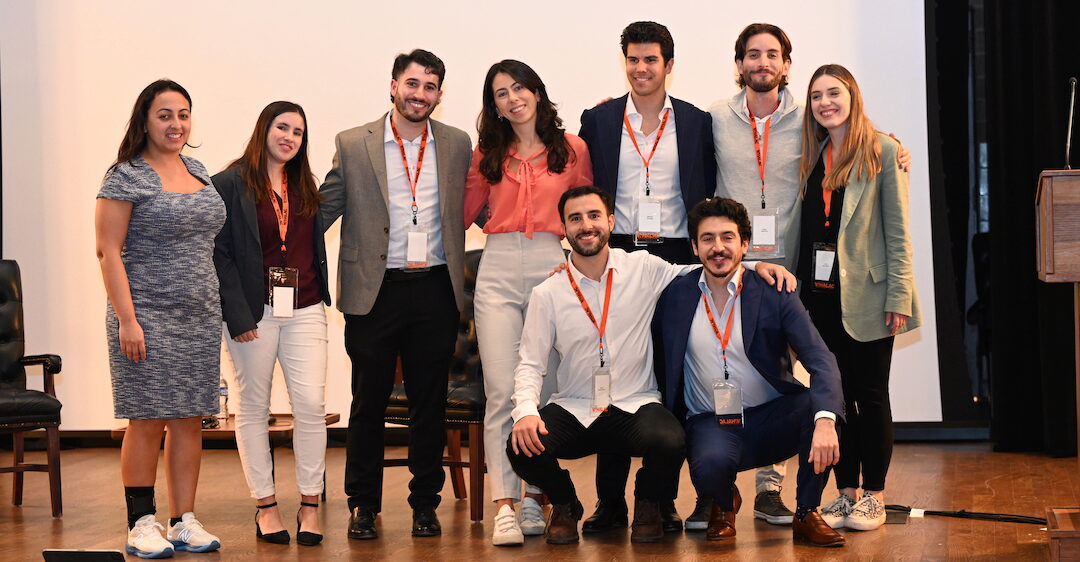The 12th edition of the Wharton Latin American Conference took place on February 9-10 in the Penn Museum.
“The Harris Alternative Investments Program proudly sponsored the Wharton Latin American Conference, the preeminent event orchestrated by our MBA students that stands as the world’s largest student-led conference dedicated to the Latin American region. The conference aims to spark meaningful conversations about Latin America’s future.
Despite facing hurdles like subdued macroeconomic performance, political unpredictability, market size, and currency volatility, Latin America remains a fertile ground for private capital funds. The Harris Program’s support of this conference underscores our recognition of Latin America’s critical importance to the global financial landscape, particularly in the realm of alternative investments, where the potential for impact and returns is vast.”
– Burcu Esmer, academic co-director of the Harris Family Alternative Investments Program
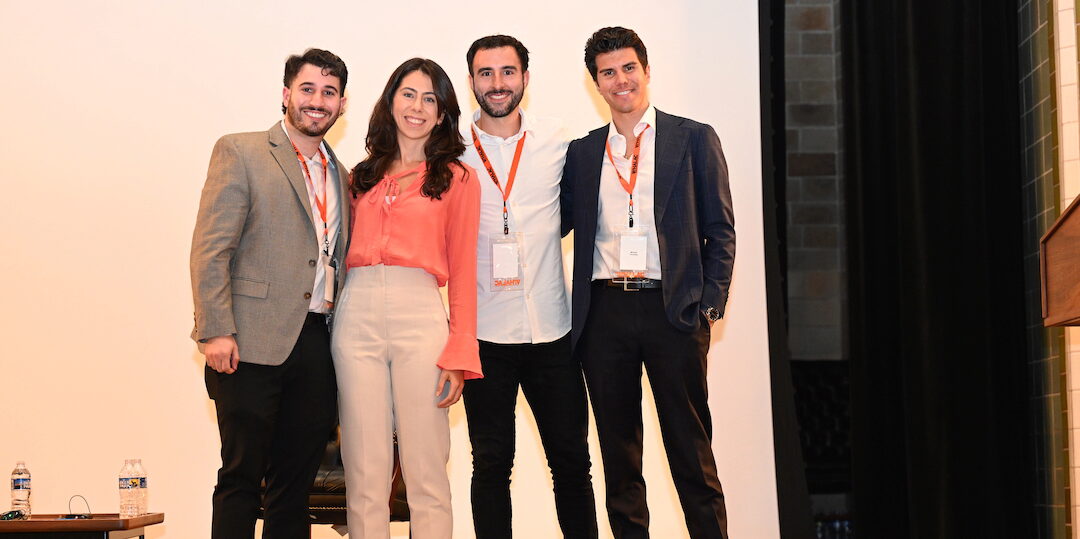
The Wharton Latin American Conference (WHALAC) is an event sponsored by the Harris Program, and is the world’s largest LATAM conference organized by MBA students. The conference seeks to establish a forum to generate and discuss ideas about the future of Latin America and to debate key business opportunities and challenges of the region.
Friday, February 9
The conference began on Friday, February 9 with opening keynote speaker, OAS Secretary General Luis Almagro.
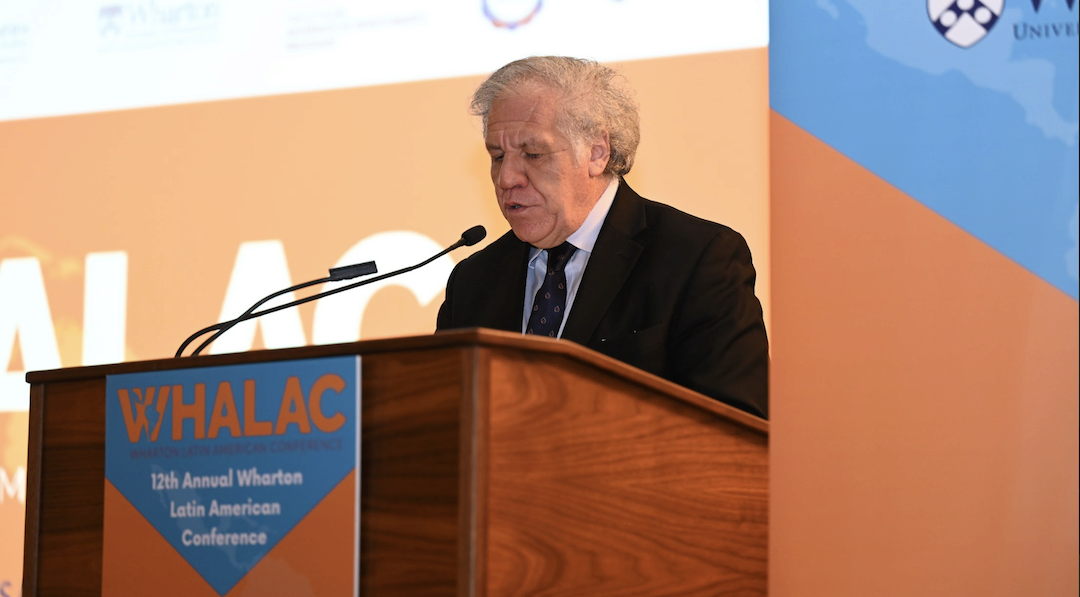
The conference hosted multiple panel discussions among industry leaders.
The first panel, “Connecting the Americas: Exploring Nearshoring for the U.S. Market in Latin America” discussed the intricacies, benefits, and challenges associated with nearshoring, offering valuable insights and practical advice to businesses seeking to leverage Latin American resources, talent, and market proximity.
Panelists included Nicolás Avilá of Globant, Goldie Shturman of the U.S. International Development Finance Corporation, and Eduardo Moore of Arcor Group. This disucssion was moderated by Wharton Finance Professor David Musto, director of the Stevens Center for Innovation in Finance. View more photos from this panel on the Stevens Center’s website.
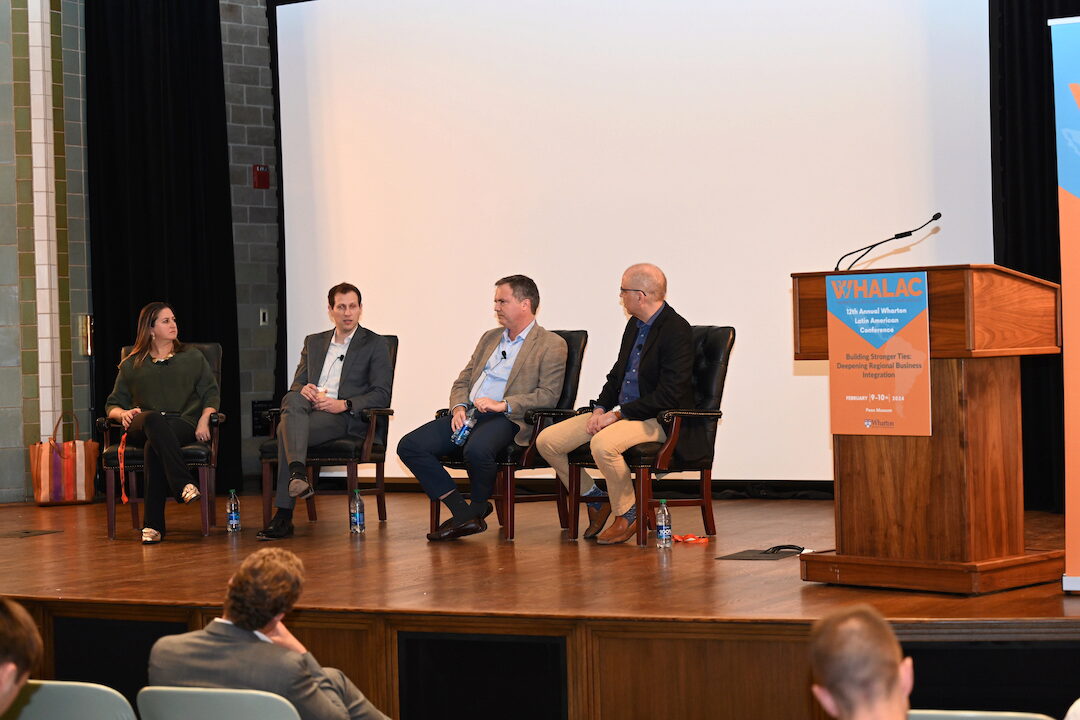
Next, WHALAC welcomed keynote speaker Duane Hughes of UBS Americas and Wharton MBA graduate.
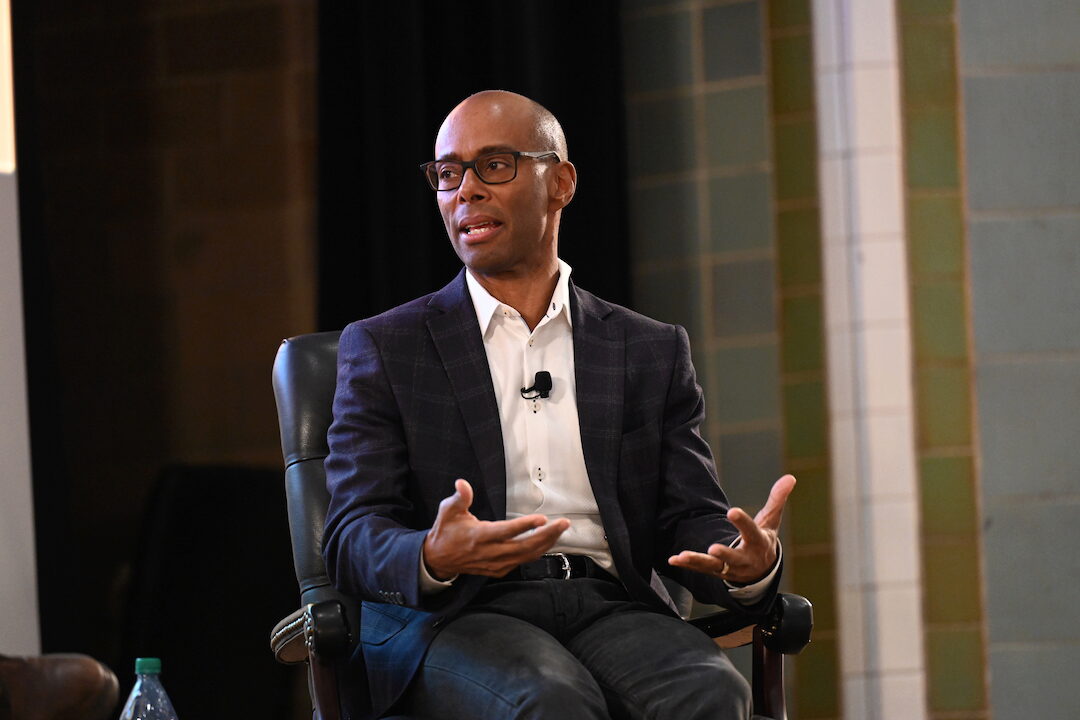
The final panel on Friday, February 9 was titled, “Bridging the Divide: Harnessing Tech for Poverty Alleviation in the Americas,” and explored the transformative power of technology and economic development in uplifting the lives of the underprivileged communities in Latin America. In this thought-provoking panel, industry experts, thought leaders, and practitioners discussed innovative approaches, success stories, and challenges in leveraging technology and sustainable economic strategies to alleviate poverty.
Panelists included Mauricio Cordero, WG’15, of Bankaya, Ady Beitler of Nilus, and Daniel Block of Mercy Corps Ventures. This panel was moderated by Wharton Assistant Professor Leandro Pongeluppe.
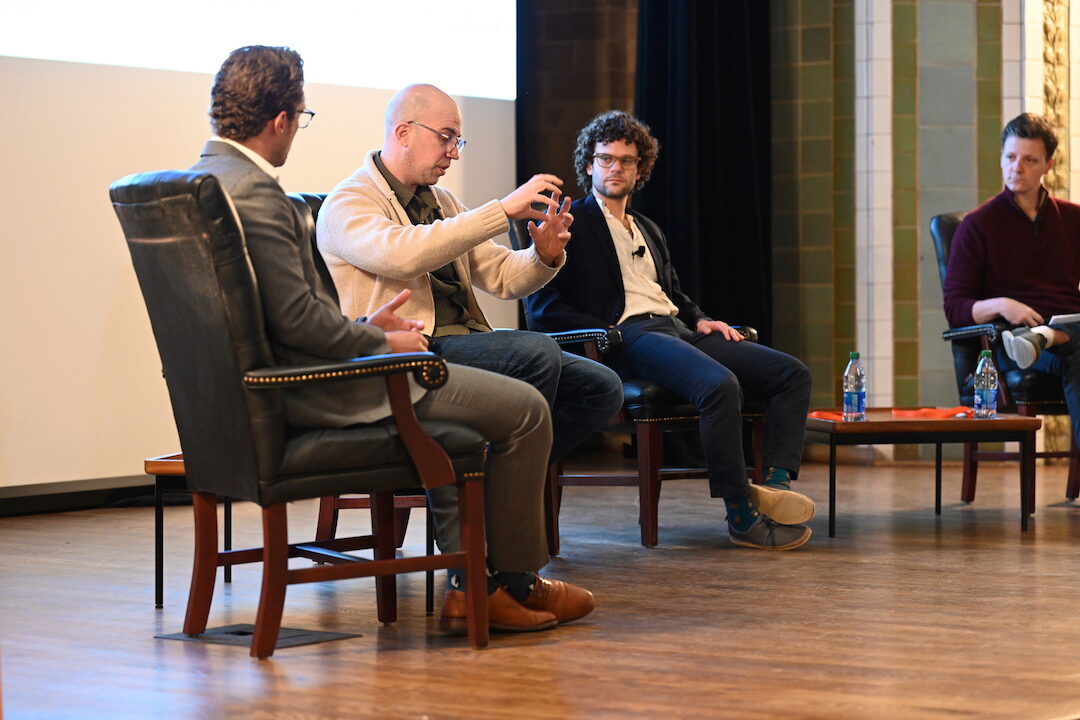
Saturday, February 10
The Wharton Latin American Conference continued on Saturday, February 10, and was kicked off by a keynote speech from Paulo Passoni of Valor Capital Corp.
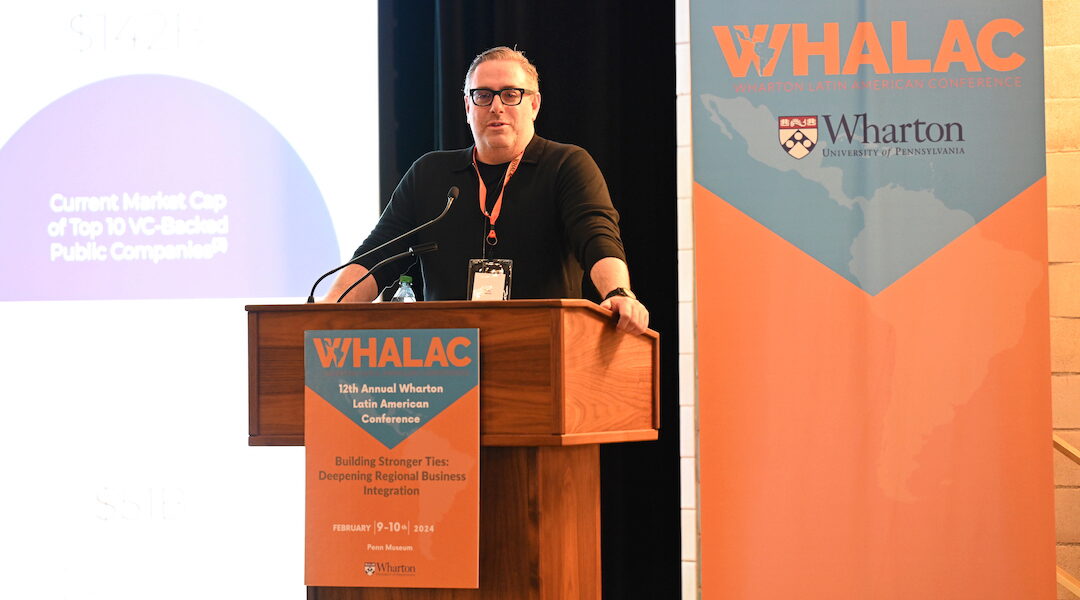
The following panel, “Trailblazing Success: Stories of Latino Leadership in Corporate America” was an engaging and enlightening discussion that devled deep into the challenges faced by Latinos in their quest to succeed in Corporate America. This session shed light on the unique struggles and triumphs that Latinos encounter, while also highlighting the immense contributions they bring to the business world.
Panelists included Mauro Leos of Moody’s, Carolina Huaranca Mendoza of First Close Partners, Carmen Rive of Vanguard, and was moderated by
María del Milagro Lozada Cerna, director of the Lauder Spanish Program and faculty director of the Lauder Language and Culture Programs.
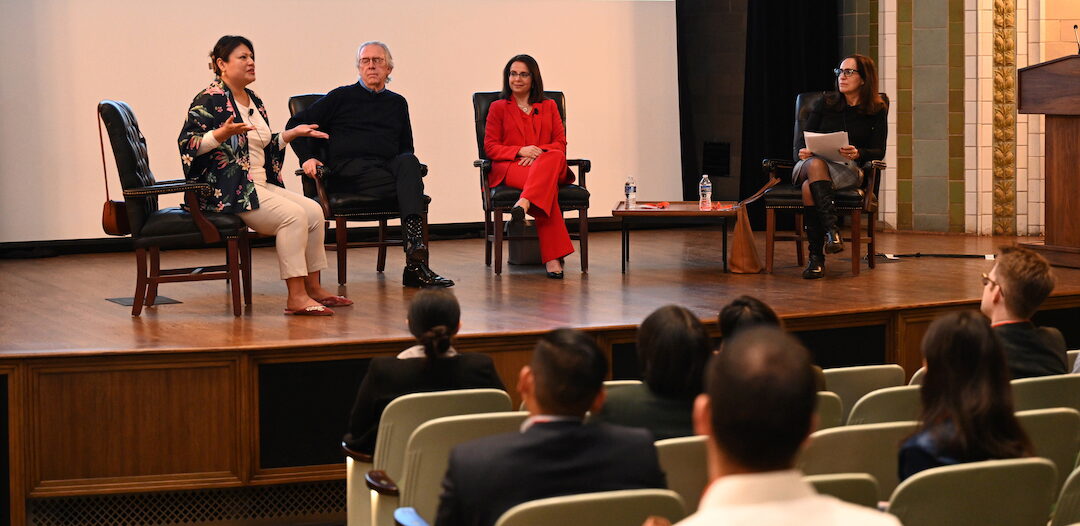
The panel, “Pathways to Inclusion: Empowering Latinos in the United States” brought together experts, advocates, and community leaders to explore the challenges faced by the Latino community and identify strategies for fostering greater inclusivity. Discussants addressed key areas where improvements can be made, offering insights, solutions, and inspiration for a more inclusive future.
Panelists included Harry Tapia of HACE CDC, Ricardo Hurtado of Hispanic Media LLC, Bruce Datil of Allstate, Silvia Lucci of LUHV FOOD, and was moderated by Amalia Dache, assistant professor at the University of Pennsylvania.
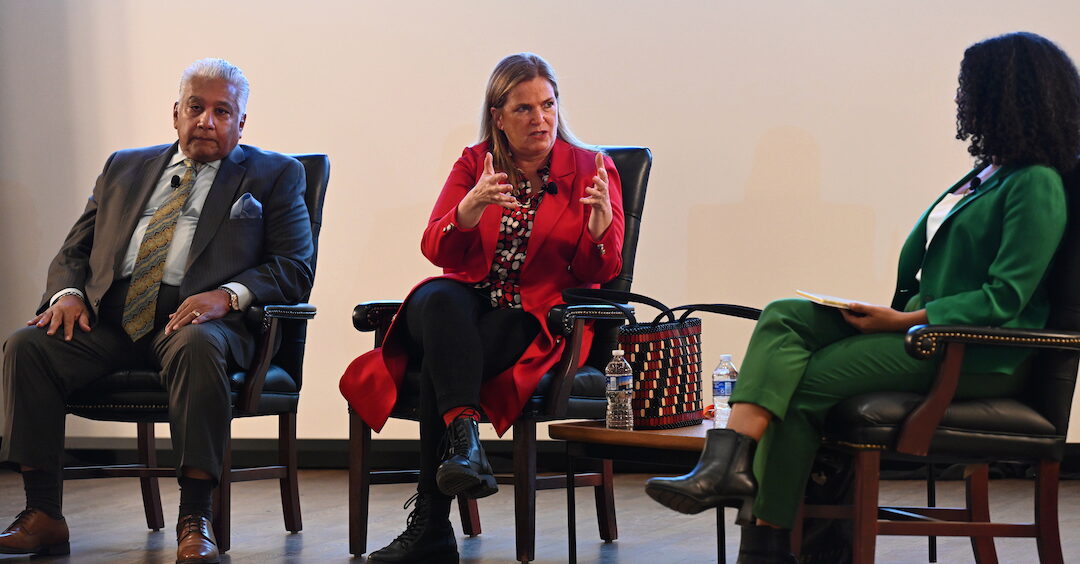
During the panel, “LatAm Growth Catalysts: Innovative strategies for development in Latin America,” a wide array of business leaders and regional strategists focused on the cutting-edge approaches and unique development models shaping Latin America’s business lands. This conversation provided a comprehensive view of the dynamic approaches being employed in the region, making it a unique landscape for growth and innovation.
Panelists included Diego Otaneda of the Latin America Leadership Academy, Eduardo Carrasquilla of Quipu, Ignacio Vollmer of Mercantil Panamá, and was moderated by Carlos Alonso-Torras, WG’21, of the Fintech Collective.
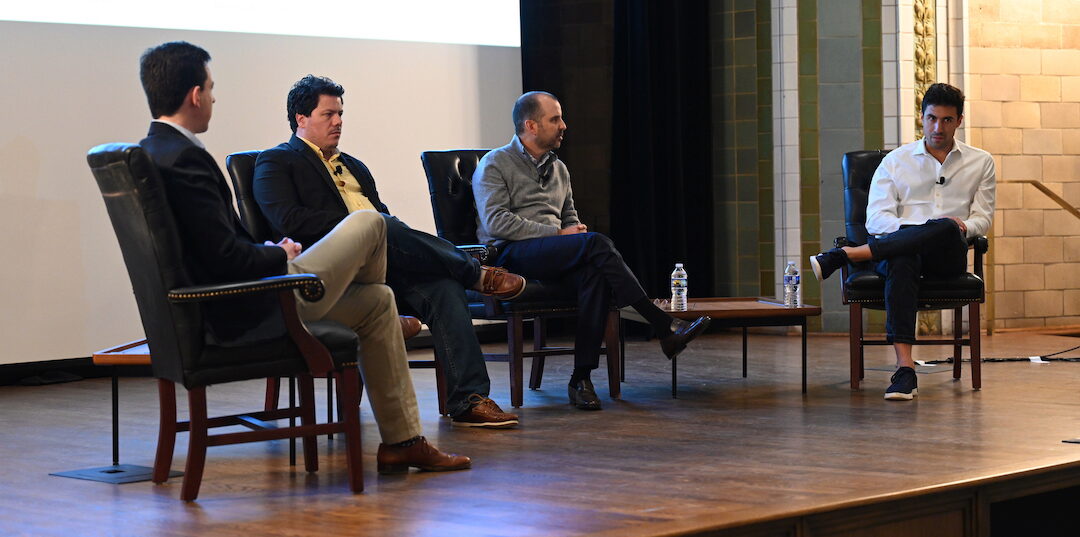
The final panel on Saturday, February 10 was titled, “Paving the Path: The Future of the Spanish-Speaking Economy in the US,” and explored the exciting possibilities and challenges for the Spanish-speaking economy. With the growing influence and economic power of Spanish-speaking communities, this session dissected the potential avenues for growth, innovation, and collaboration within this dynamic sector.
Panelists included Andrés Oliveros of Astrolab, Manuel Godoy, WG’21, of Felix, Carlos Alonso-Torras of the Fintech Collective, and was moderated by Moderator: Ángel Alvarado, senior fellow at the University of Pennsylvania.
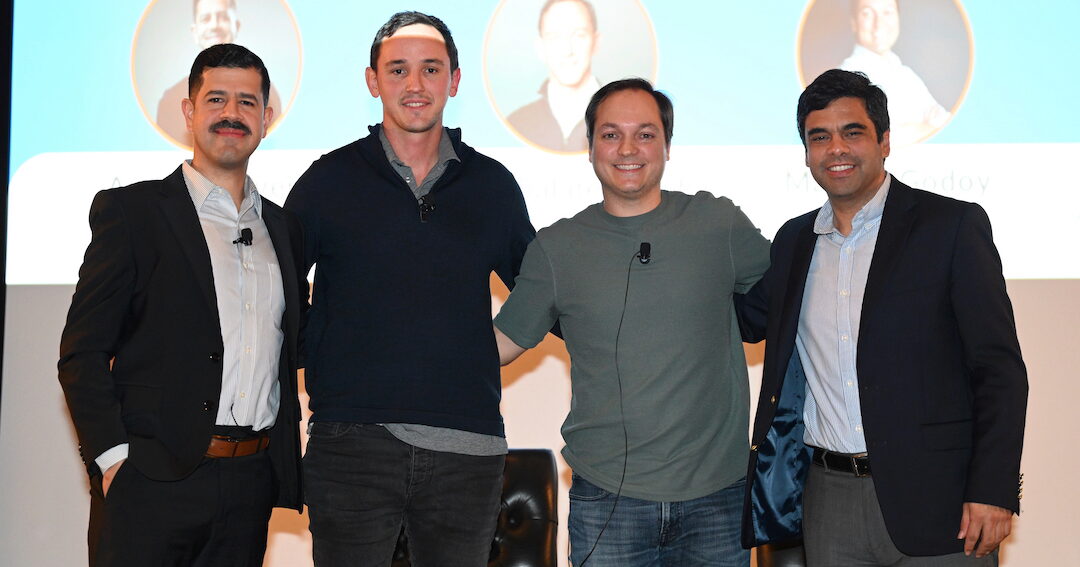
The Wharton Latin American Conference concluded with a keynote interview of Caroline Merin, WG, chief operating officer at Rappi by Patrick McGinnis of FOMO Sapiens.
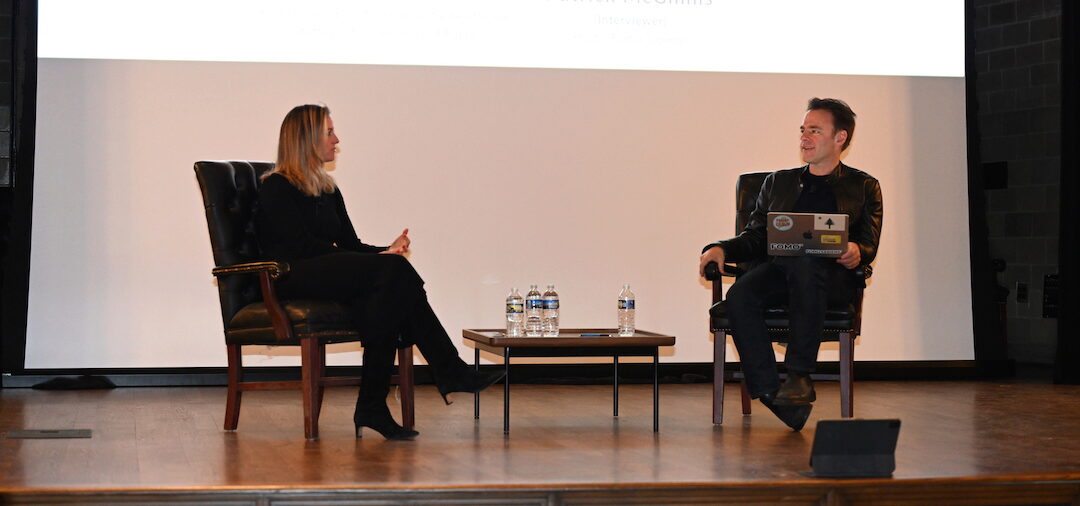
Audience members and WHALAC attendees participated in Q&As during the event with panelists, posing insightful questions and sparking dynamic discussions at the conference.
